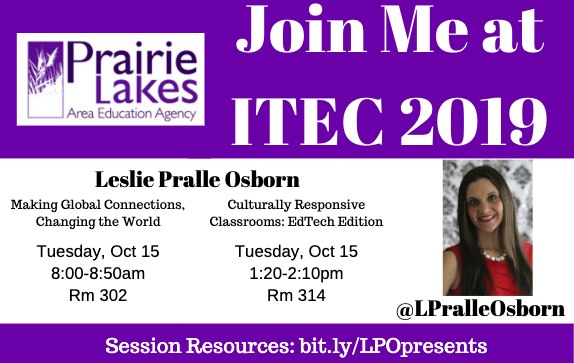If you live in the Midwest right now you know what I'm talking about, but for those of you who don't, I'm living in a "winter wonderland" of 8-10 foot drifts, closed highways and interstates, and have been cooped up in my house since Saturday afternoon. That's two days of being home - which to some of you probably sounds great, however when you know you CAN'T leave it's very different from choosing to stay home. Anyway, 48 hours into this I've found myself doing some heavy thinking and I'd love some thoughts from my online friends. Actually, I've found myself asking a lot of questions that I don't have the answers to.
- Do I spend too much time celebrating my daughter's black-ness and not enough recognizing her white-ness as a biracial baby?
- Should I even be concerned about her white-ness? Sure it's part of her, but where's the line between family traditions and Richard Spencer? Okay, yes, I realize there's a huge gap between sharing my culture with my daughter and the likes of Richard Spencer, but you get where I'm going here.
- What if she resents me for being the white parent? Or doesn't identify with me? (Thank you, Dear White People)
- Is it inauthentic for me to celebrate my baby's biracial status because she's too young to identify one way or another? And do I look like a "poser" (do people still even use that word?) because I'm the white parent?
- Does it matter how she wants to identify when the world will see her how they want to see her?
- Whose permission am I really seeking - shouldn't this just be a conversation between my husband and I? What do my in-laws think? Does my family know my struggle wit these questions? Is the larger issue that I care what other people think?
- What does it look like to my older white children when I celebrate the black-ness of my youngest? Sure, society celebrates their whiteness everyday, but what does that look like through the eyes of a child to see their mother celebrate something they are not?
Guys, this is probably 1/3 of the list of questions I fired at my husband tonight over dinner, but you get the idea. I'm struggling a lot lately with my role as a white woman in raising a biracial child. Somedays it seems like one step forward, two steps back. I'm so proud of the lengths we've gone to to make sure she has books and dolls and holiday traditions that mirror her background. Her "babies" (dolls) look like her in several shades of tan and brown, the books on our shelves feature characters of every skin tone, but day after day I still find myself wondering if it's enough - or too much?
Why am I sharing these struggles with you on my professional blog (I feel like I ask this question a lot too)? Because I think it's important for us to recognize the struggle and process that we go through. No, not like "poor white woman is confused," but in a "how do I, as an educator, make sure that I am meeting the needs of ALL my kids in an authentic way?" kind of way. I don't have a tribe of people that are sharing my experience right now (if you or someone you know is raising white kids and biracial kids in an interracial marriage I'm looking for friends), but I think I could find my tribe in the educators who are trying to do justice for all their kids like each and every one is their own.
I'm headed to the Robin Di'Angelo lecture (author of White Fragility) at Iowa State University tomorrow night and her work has helped me realize just how important it is to a) recognize why white people struggle with these questions, and b) help white people have these conversations. So if you're a white educator (and 80%+ of us are) trying create a culturally inclusive classroom (unfortunately a much smaller percentage - though this is just a guess), I'd love to connect. Let's be friends and identify our questions and support each other. Let's reach out to our friends of color - not as token experts on race, remember, it is not the burden of people of color to educate white people about race and racism - but as partners in learning, as another perspective, and as professional colleagues. You'll notice that this post is all questions and no answers. I have found some great resources, but I want to have a conversation first.

 RSS Feed
RSS Feed
